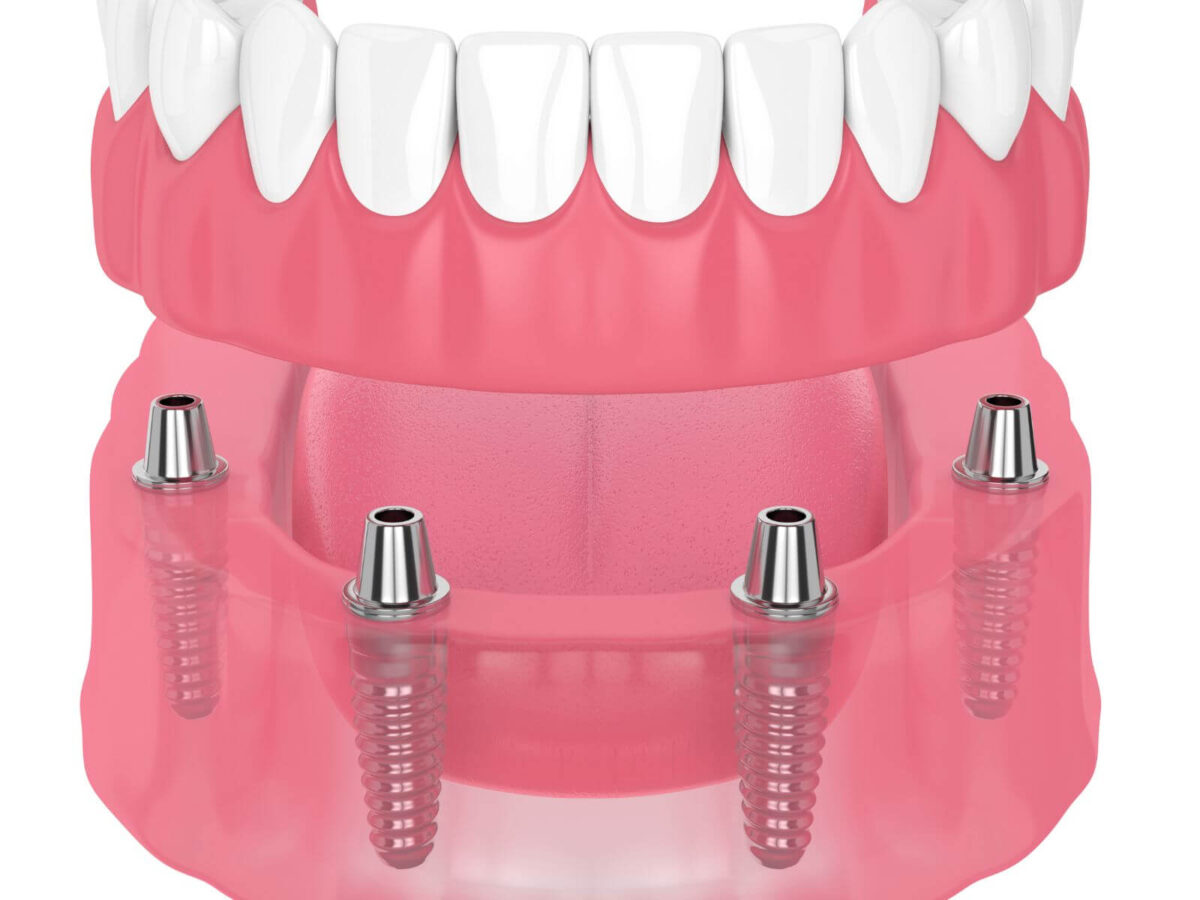Removable dental veneers are a convenient way to get a beautiful, healthy smile that will boost your self-esteem. These days, everyone wants sparkling white teeth. Nonetheless, one may experience several aesthetic dental problems at one point in life. While stains and minor chips may not be medically hazardous areas, they could reduce a person’s self-esteem and confidence level.
Fortunately, removable dental veneers are a great cosmetic treatment for people who have stained, twisted, or partially broken teeth. Cosmetic veneers are permanent or removable depending on your need, how much you are willing to spend, and the time you are willing to spend.
What are Removable Dental Veneers?
Removable veneers of dental are dental prosthetics that can enhance the look of the teeth. They are patch-like structures created using clear and thin material bonded to the exterior of the teeth. Unlike bonded veneers, the removable veneers do not bond the teeth and can be removed anytime.
The following points describe why a person would choose removable dental veneers: They can fix various aesthetic problems, including discolored teeth, stained teeth, cracked and chipped teeth, crooked teeth, or spaced teeth. It can also be used to significantly help correct and reverse the damage done to our teeth.
Temporary dental veneers are easy. These works involve getting your teeth ready for the surfaces of your dentist. They will then make an impression on your teeth and forward this to a laboratory to prepare the veneers. When the veneers are made, your dentist will cement these veneers directly to your teeth with a special cement.
Who Should Get Veneers?
Dental veneers fix most cosmetic dental complications and are ideal for fixing cosmetic wear and tear in the front part of the mouth. People who might benefit from dental veneers include:
- Individuals with external caries resulting from diet and other behaviors.
- Individuals with small fractures of the tooth enamel.
- Those whose teeth have very small space between them.
Those with that little twinge of imperfection in the form of slightly jagged teeth. - People with a missing tooth.
Veneers are not suitable for individuals with:
- Cavities
- Gum disease
- Another surface discoloration is associated with injury that does not receive treatment.
- Significant cracks or chips
- Severely crooked teeth
What are the Benefits of Having Removable Veneers?
- Versatile Cosmetic Solution: Dental veneers are effective for fixing minor cosmetic issues like discoloration, cracks, breaks, uneven shapes, or slight misalignment.
- Closes Gaps: They can help close small gaps between teeth, creating a more even smile.
- Natural Appearance: Veneers are designed to look like natural teeth, blending seamlessly with the rest of your smile.
- Long-Lasting: High-quality veneers, especially porcelain ones, can last up to 10 years or more with proper care.
- Not Permanent: Veneers are not permanently fixed and can be removed if desired, preserving the natural teeth underneath.
- Removable Veneer Option: Removable veneers allow patients the flexibility to clean and floss easily and revert to their natural teeth whenever they want.
How Long Do Removable Veneers Last?
It means that you can get a veneer that can be placed temporarily if you want to have an enhanced smile.
Porcelain or colored acrylic overlay veneers are also used, and they are affixed to the teeth’s front and can be relinquished if necessary. They, however, vary from the permanent kind in that they can last for a few years, depending on how the patient takes care of his or her mouth. Removable veneers can last up to 5 to 7 years, depending on the individual veneer. In the case of proper care, such as brushing and flossing and staying away from hard foods, your veneers will give you that smile you have always desired.
Expectations Of Treatment
To get removable dental veneers, the first thing to do is to make an appointment with the dentist. During the consultation, your dentist should assess your teeth and decide whether or not veneers would be suitable for you. If you are a good candidate, your dentist will take an impression of the teeth and forward it to a dental lab. Your prints will be acceptable at the laboratory, and they will be used to prepare veneers that fit you perfectly.
Finally, after the veneers are deemed ready, another appointment at the dentist’s office is set to have the veneers bonded on the teeth. First, your dentist will clean the teeth, then use a solution that etches the teeth to make the surface of the teeth rough. This makes it easy for the bonding material to stick properly on your teeth since it will not come off now and then because of temperature fluctuations. Subsequently, your dentist will etch your tooth and put the veneers over your existing teeth. After the veneers have been placed, the dentist will use a light to put a sort of cement called bonding agent through a curing process.
Aftercare Instructions
Here are some guidelines you should adhere to while using new veneers. It is advisable not to take foods that are hard on the first few days because some of them can be damaging to veneers. To minimize teeth chipping, you should also not use them to twist open a bottle or a can. Mainly, one should maintain veneer cleanliness by regularly brushing and flossing to remove plaque and buildup of bacteria.
Substitutes For the Removable Dental Veneers
- 1. Dental bonding: This process entails placing tooth-colored resin and then hardening the teeth by exposure to a special light. Resin bonding can enhance the cosmetics of teeth if they are uneven, discolored, chipped, or slightly malaligned.
- 2. Dental crowns: Crowns are usually ceramic or porcelain shells cemented directly on the tooth. They can be used to effectively enhance the shape or color of the teeth, whether they are not well-shaped or well-colored.
- 3. Teeth whitening: This is the procedure that many people who want to enhance the appearance of their smile region prefer most. Some of the options that are usually used to whiten teeth include the following: home remedies and professional remedies.
Conclusion
Applicable dental veneers have many advantages to anyone searching for a temporary solution to their appearance problems. Customized foot orthotics offer great results in terms of support, are slim and stylish, are relatively easy to get, and cost less than conventional products. If maintained well, they can last for years and, in that same year, give the best results in that short time. If you are trying to find out if you should get removable dental veneers, then you must talk to a professional at San Antonio Dental who specializes in cosmetic dentistry to get your questions concerning this breakthrough area answered.


